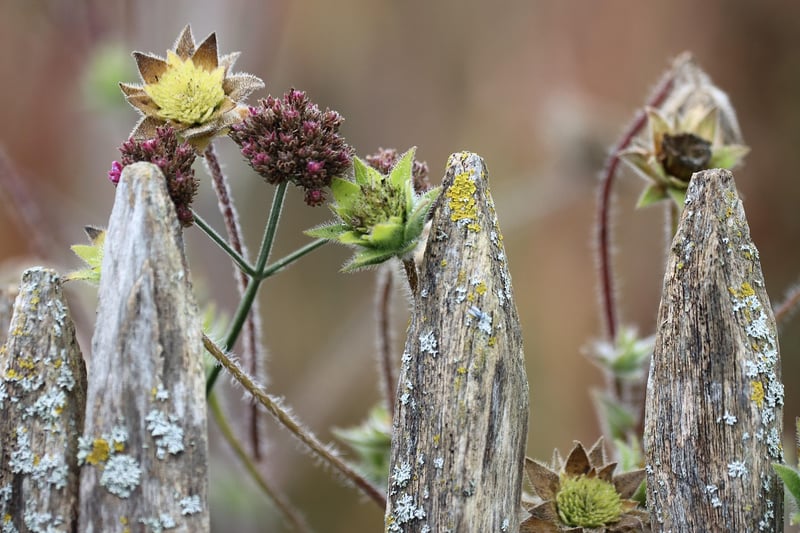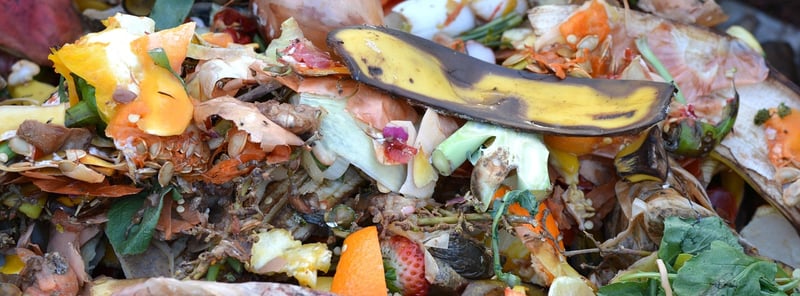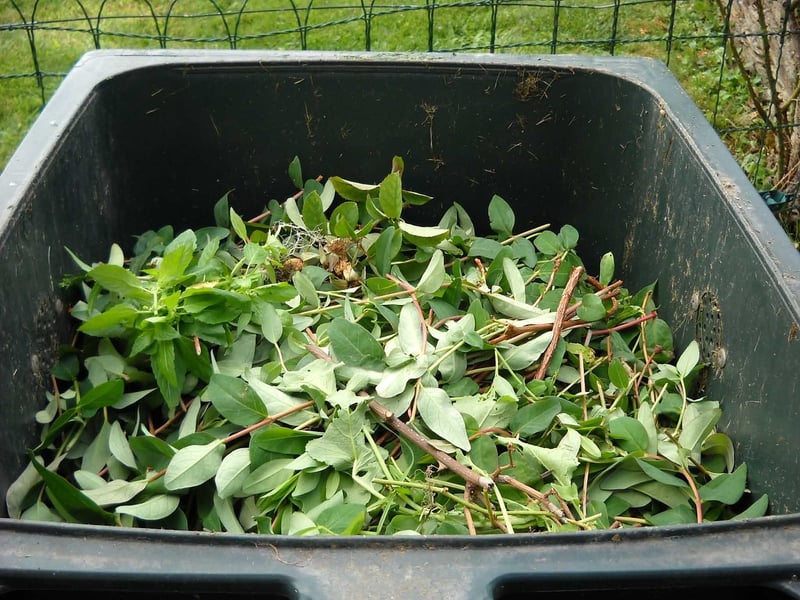Composting Tips
The Ultimate Guide to Environmentally Friendly Gardening and Composting Tips
Introduction
Welcome to the world of environmentally friendly gardening and composting! In this guide, you will learn how to create a thriving garden while reducing your environmental impact through sustainable practices like composting.
Benefits of Environmentally Friendly Gardening
- Reduces chemical usage
- Promotes biodiversity
- Conserves water
- Creates healthy soil
- Supports pollinators
Getting Started with Environmentally Friendly Gardening
1. Choose native plants that are well-suited to your region to minimize water and maintenance needs.
2. Use organic fertilizers and pesticides to avoid harmful chemicals in your garden.
3. Implement water-saving techniques like drip irrigation and mulching to conserve water.
4. Attract beneficial insects and birds to your garden to promote natural pest control.
Composting Tips
Composting is a great way to reduce waste and create nutrient-rich soil for your garden. Here are some tips to get started:
- Use a mix of green (nitrogen-rich) and brown (carbon-rich) materials for a balanced compost pile.
- Aerate your compost pile regularly to ensure proper decomposition.
- Keep your compost pile moist but not waterlogged.
- Avoid adding meat, dairy, or oily foods to your compost pile to prevent odors and pests.
- Turn your compost regularly to speed up the decomposition process.
Conclusion
By incorporating environmentally friendly gardening practices and composting into your routine, you can create a beautiful and sustainable garden that benefits both you and the planet. Start small, experiment, and enjoy the rewards of a greener lifestyle!


